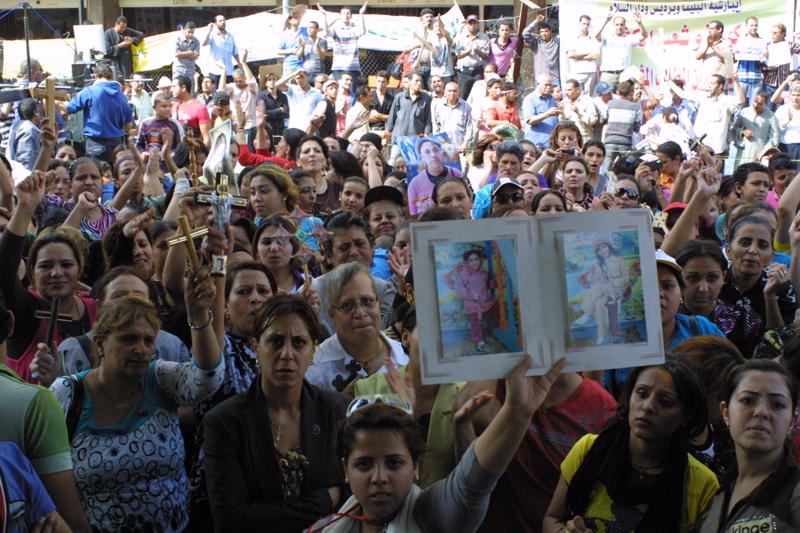
Reese Erlich featured on American Public Media's Marketplace with Kai Ryssdal.
Kai Ryssdal: If you believe the adage about real estate -- that bit about the three most important things being location, location, location -- then one would think there are few places worse to own a home than the Gaza strip. Israel's got a naval blockade going. There's the not-incidental risk of rocket fire and bombings. The political situation is fluid.
And yet, home prices are up sharply. Reese Erlich reports from Gaza City.
Reese Erlich: On a wide street packed with expensive homes and condos, real estate broker Essam Mortja walks with confidence.
Essam Mortja: This is the best place in the world. Real estate markets collapsed everywhere else. But here, it just goes up.
Mortja is so bullish, he's about to put his own house on the market. The three-bedroom/two-bath house will go for $900,000. What makes it worth that kind of money?
Mortja: You have a great view of the Mediterranean. The whole world wants to own property here. It's clean and safe. It's the best neighborhood in Gaza.
1.6 million Gazans are packed into 140 square miles of land, one of the highest population densities in the world. So like Manhattan and San Francisco, limited space plus high demand equals high prices. But only a small number of business people and professionals returning from lucrative jobs abroad can afford it.
A forklift lowers a pallet of concrete blocks at a construction site as Suhail Halima looks on. The wealthy businessman just paid $1 million for this lot in downtown Gaza City. Halima estimates real estate prices have gone up 20 percent since last year.
Suhail Halima: The U.S. dollar and Jordanian dinar have lost value. Gold is at an all-time high. So land is a good investment.
Israeli authorities have periodically bombed and sent tanks into Gaza. They say it's a necessary response to Palestinian attacks on Israel. Halima says even the threat of future military action hasn't cooled the real estate market.
Halami: The Israeli army destroyed one of my warehouses worth $1.6 million. We rebuilt the warehouse, but the land kept its value.
While land is a preferred investment for the rich, it remains unaffordable to the vast majority of Gazans, whose median income is $800 per year. In addition, a lot of housing stock was destroyed or damaged during the three-week war with Israel that ended in January 2009.
Ziad el Zaza, a former deputy prime minister, says the Hamas government has tried to provide help.
Ziad el Zaza: The government distributed $69 million to help those whose farms or houses were destroyed in the war. The government has recently sold land at subsidized prices to the poor. The recipients then spend their own money to construct apartments.
But so far these government efforts are limited, and home ownership is just a dream for most Palestinians.
Back on the ritzy side of Gaza City, real estate broker Mortja hopes to find more customers for pricey homes. He's set up a website in an effort to lure investment from Palestinians living in the U.S.
Mortja: Come and invest. You'll make more money here. Now you can invest in real estate and see a profit in just a couple of weeks.
Moratja is bullish. But with political instability still a threat here, no one can really say how long real estate prices will keep going up.
In Gaza City, I'm Reese Erlich for Marketplace.
*This piece was also featured in a MSNBC.com business story.



